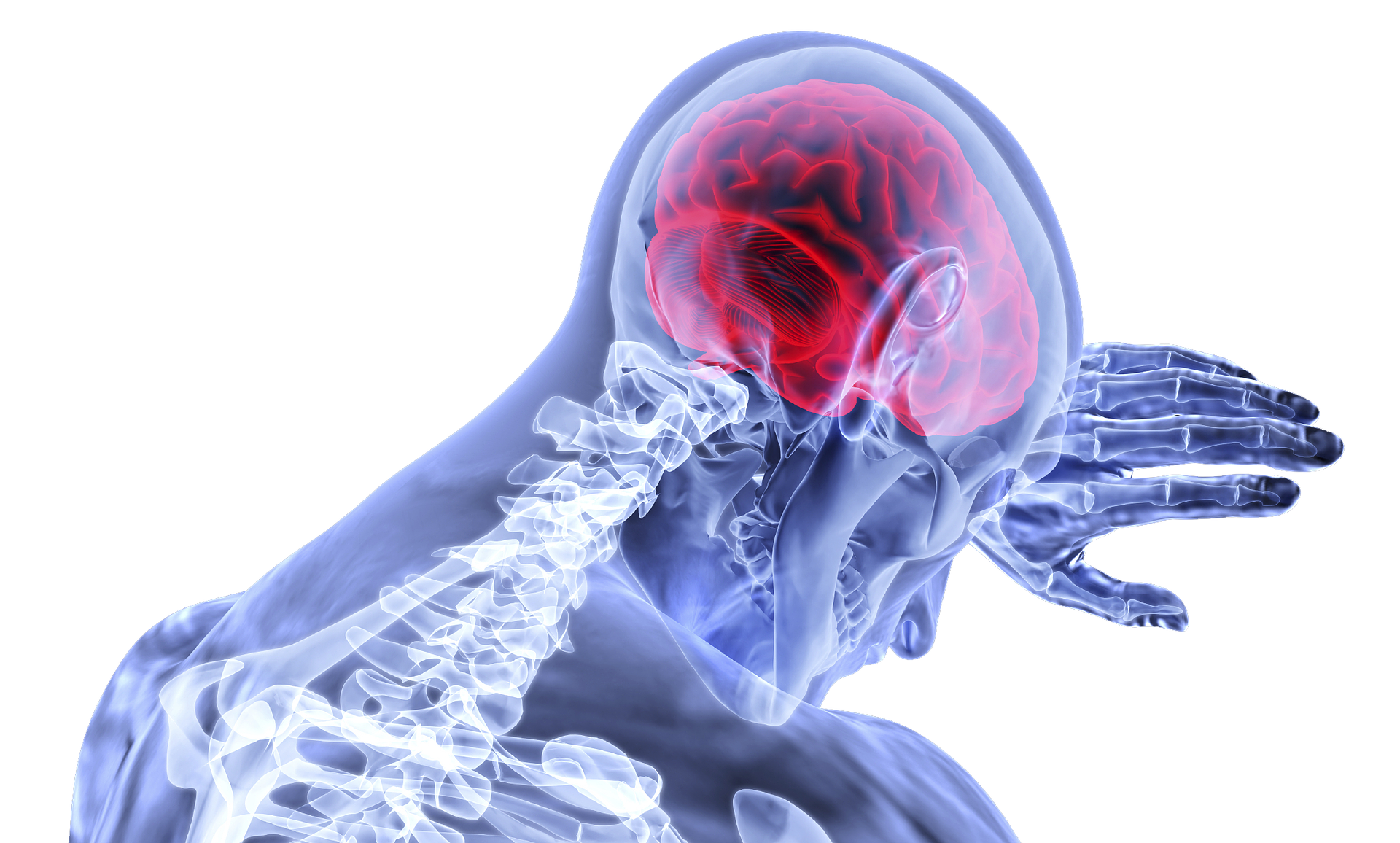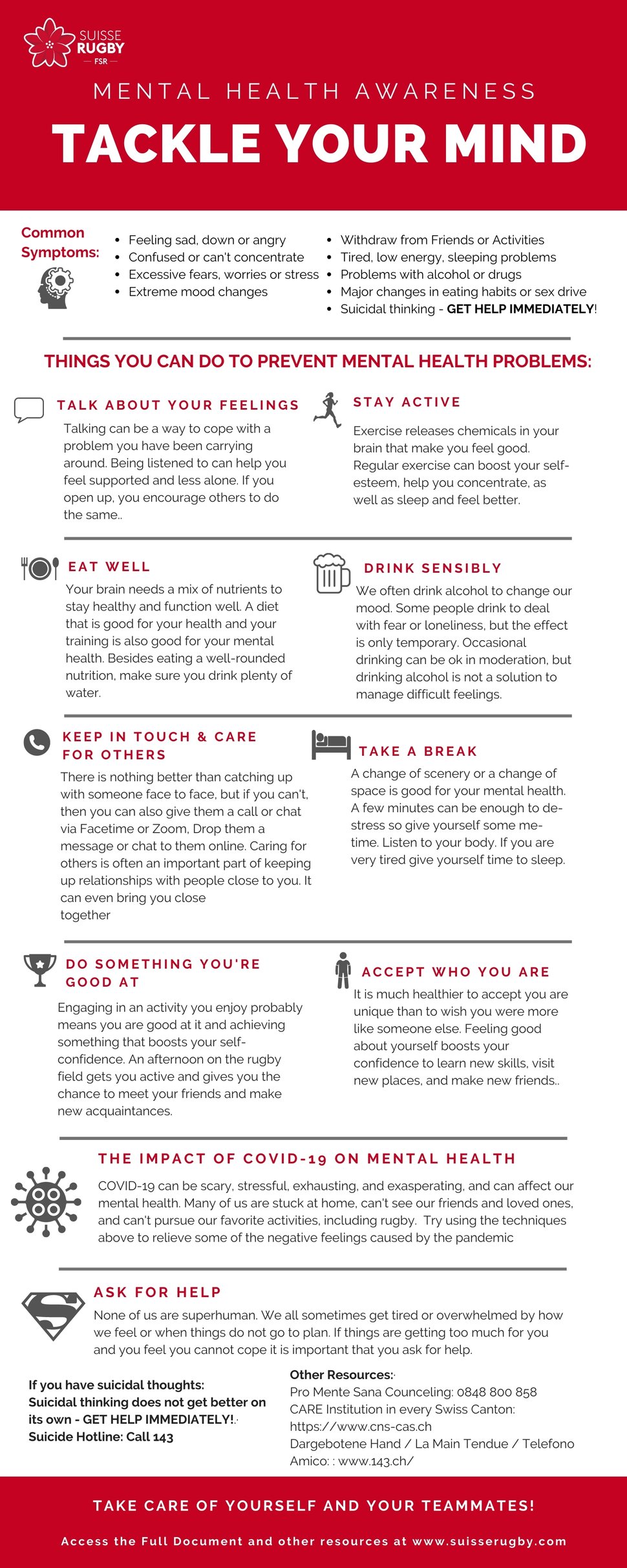Intervention
Player
Welfare
Putting Players First
Player Welfare Programme | Intervention
Putting Players First
The Player Welfare programme consists of a series of resources and measures made available to clubs, players, coaches, educators, parents, and the entire Suisserugby Community. The different measures and services constitute a set of recommendations, not rules or obligations.
When it comes to INTERVENTION, we focus on a set of measures to be taken in case an injury does happen, or player welfare is compromised in other ways.
Measures

Priorities
The following priorities have been identified by the Medical Commission to be implemented next:
Emergency Protocol for clubs
|
AED and other emergency equipment
|
Identification, treatment, reporting and follow-up of CONCUSSIONS and serious injuries
|
Timeline
The different measures are introduced step by step over the course of several seasons, and provide a set of recommendations and resources designed to help any players, coaches, parents, or clubs who might be interested in enhancing and ensuring player safety and welfare.


Consussions & serious injuries
Intervention
Concussion Protocol
The Recognise and Remove Directive from World Rugby means that any player in the non-elite level of rugby who is suspected of displaying symptoms of concussion must be immediately removed from the field of play and take no further part in the match.
Concussion Assessment Tool 5The Concussion Assessment Tool 5 has been developed by medical experts following Concussion Symposiums organised by World Rugby, FIFA, IIHF, FEI and the IOC. It provides guidelines for non-medics to follow on the touchline to determine whether a player has a suspected concussion. |
Concussion Guidance DocumentThe Concussion Guidance Document by World Rugby provides guidance and information to persons involved in the non-elite level of rugby regarding concussions and suspected concussions. It provides further information on concussion management as well as useful information concerning return to play guidelines. |
Reporting
The FSR Concussion and Serious Injury Report Form provides the FSR Medical Commission with an overview of both concussion and serious injuries. Any injury reported on this form is defined as a concussion or serious injury that has occurred to a player during a training session or a match which has resulted in the injured player being taken to hospital.
The Medical Commission requests that this form is completed by a club representative and sent to medical(AT)suisserugby.com. The information reported in this form will be strictly confidential.
|

A resource for mental health awareness
Tackle your mind
«Tackle your mind»: A resource for mental health awareness
Suisserugby released a resource for mental health awareness and launched a campaign on it in spring 2021.
Mental health issues are a growing problem in sport as well as society, and are accelerated and exacerbated by the Coronavirus Pandemic. One in five people in the population experience a mental health disorder during their lifetime. Within one year 7% of the population falls ill for the first time on a repeated case of depression. Still, there is a great stigma and taboo surround these issues, which is largely due to lack of knowledge and awareness. This campaign aims to combine awareness and prevention, that could save lives.
There is no sure way to prevent mental illness. However, if you have a mental illness, taking steps to control stress, to increase your resilience, and to boost low self-esteem may help keep your symptoms under control. We invite the entire Suisserugby family to:
- Pay attention to the warning signs
- Get routine medical care
- Get help when you need it
- Take good care of yourself and each other
With the experts in its Player Welfare and Medical Commission, Suisserugby has prepared a number of resources, available to the entire rugby family.













